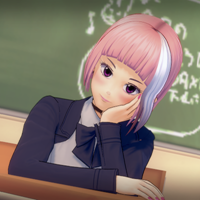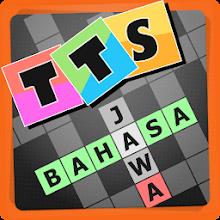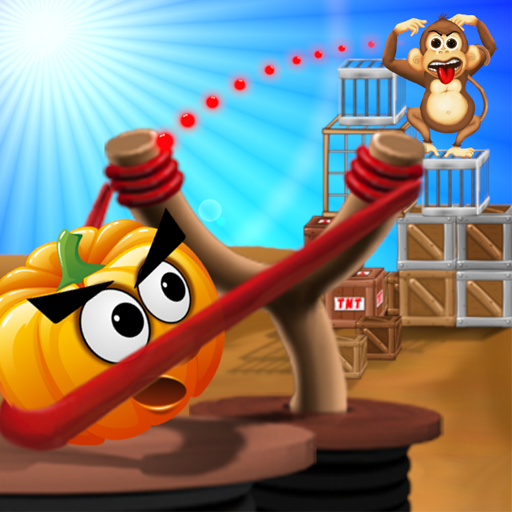The topic of turn-based games versus action-oriented systems has been a staple in role-playing game discussions for years, and the recent release of *Clair Obscur: Expedition 33* has reignited this debate. Launched to widespread acclaim, including positive reviews from IGN, *Clair Obscur: Expedition 33* proudly embraces its roots in classic turn-based RPGs. The game features a turn order, Pictos to equip and master, zoned-out "dungeons" to explore, and an overworld map, drawing clear inspiration from iconic titles like Final Fantasy VIII, IX, and X.
In an insightful interview with RPGsite, producer Francois Meurisse emphasized that *Clair Obscur: Expedition 33* was always envisioned as a turn-based game. He highlighted influences not only from traditional RPGs but also from action games like *Sekiro: Shadows Die Twice* and *Mario & Luigi*, integrating quick-time events for attacks and parrying/dodging mechanics for defense. This hybrid approach results in a gameplay experience that feels both strategically deep during turn-based phases and dynamically engaging during action sequences.
The success of *Clair Obscur: Expedition 33* has sparked conversations across social media, particularly among fans of the Final Fantasy series. The discourse often references comments made by Naoki Yoshida, the producer of *Final Fantasy XVI*, who discussed the shift towards more action-based mechanics in RPGs. Yoshida noted a growing sentiment among younger audiences who find traditional command-based systems less appealing, which has influenced the direction of recent Final Fantasy titles such as *XV*, *XVI*, and the *VII* remake series.
However, the narrative around turn-based games is more nuanced than a simple preference shift. Square Enix has not abandoned turn-based RPGs entirely, as evidenced by the success of *Octopath Traveler 2* and ongoing releases like *SaGa Emerald Beyond* and the upcoming *Bravely Default* remaster for Switch 2. While the Final Fantasy series may have moved towards action, the broader genre continues to thrive with turn-based offerings.
The suggestion that *Final Fantasy* should adopt *Clair Obscur: Expedition 33*'s approach oversimplifies the unique aesthetic and iconographic elements that define the series. While comparisons are inevitable, *Clair Obscur: Expedition 33* stands on its own merits, distinguished by its innovative combat system, compelling soundtrack, and rich world-building. The game's success, with over 1 million sales in just three days, is a testament to the enduring appeal of well-crafted turn-based RPGs.
Yet, it's crucial to consider the broader context, including sales expectations and industry trends. Yoshida's comments on *Final Fantasy XVI* reflect a strategic decision based on anticipated market performance, though he did not rule out future titles returning to command-based systems. The gaming landscape is complex, and while *Clair Obscur: Expedition 33* has achieved notable success, Square Enix's expectations for major franchises like Final Fantasy are typically higher.
Recent successes in the turn-based genre, such as *Baldur's Gate 3* and *Metaphor: ReFantazio*, demonstrate that there is still a strong market for these games. *Clair Obscur: Expedition 33* represents a promising resurgence of mid-budget RPGs, joining the ranks of titles like *Visions of Mana* and *Ruined King*. Whether it can reach the heights of critically acclaimed games like *Baldur's Gate 3* or *Disco Elysium* remains to be seen, but its initial reception is highly encouraging.
Ultimately, the key takeaway from *Clair Obscur: Expedition 33*'s success is the importance of authenticity and creative integrity. As Larian CEO Swen Vincke noted, investing in a high-budget, high-quality game that the creative team is passionate about can yield significant results. This approach not only fosters innovation but also respects the diverse preferences within the gaming community, ensuring that turn-based RPGs continue to have a vibrant future.















